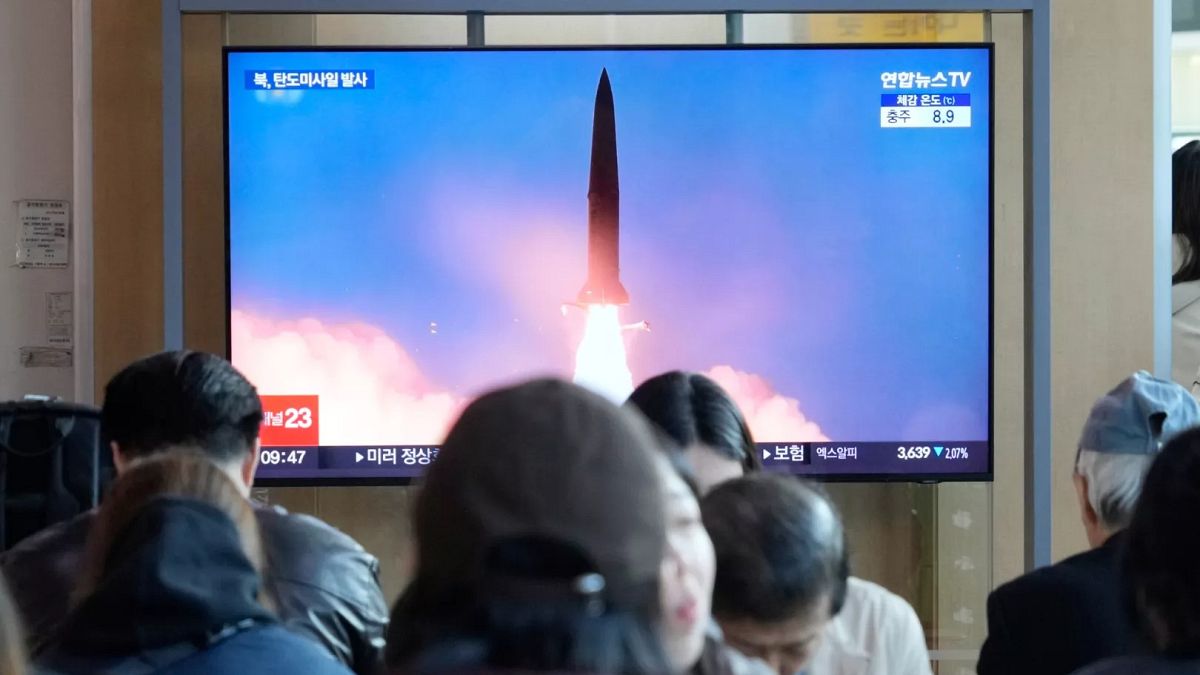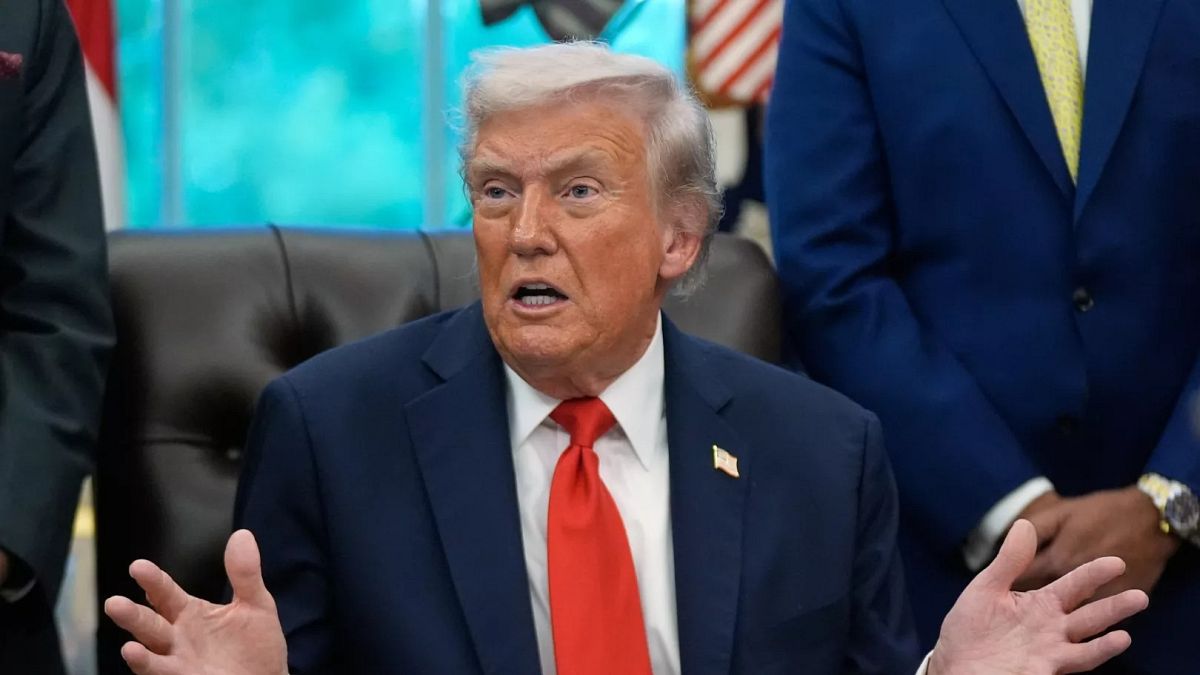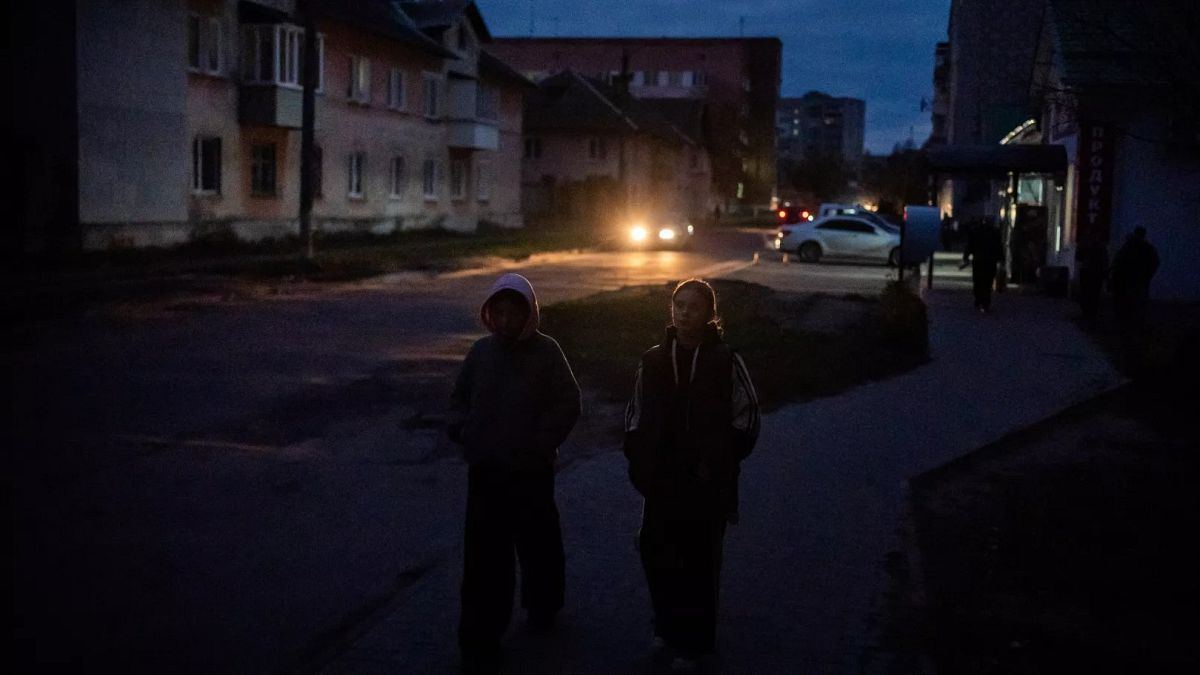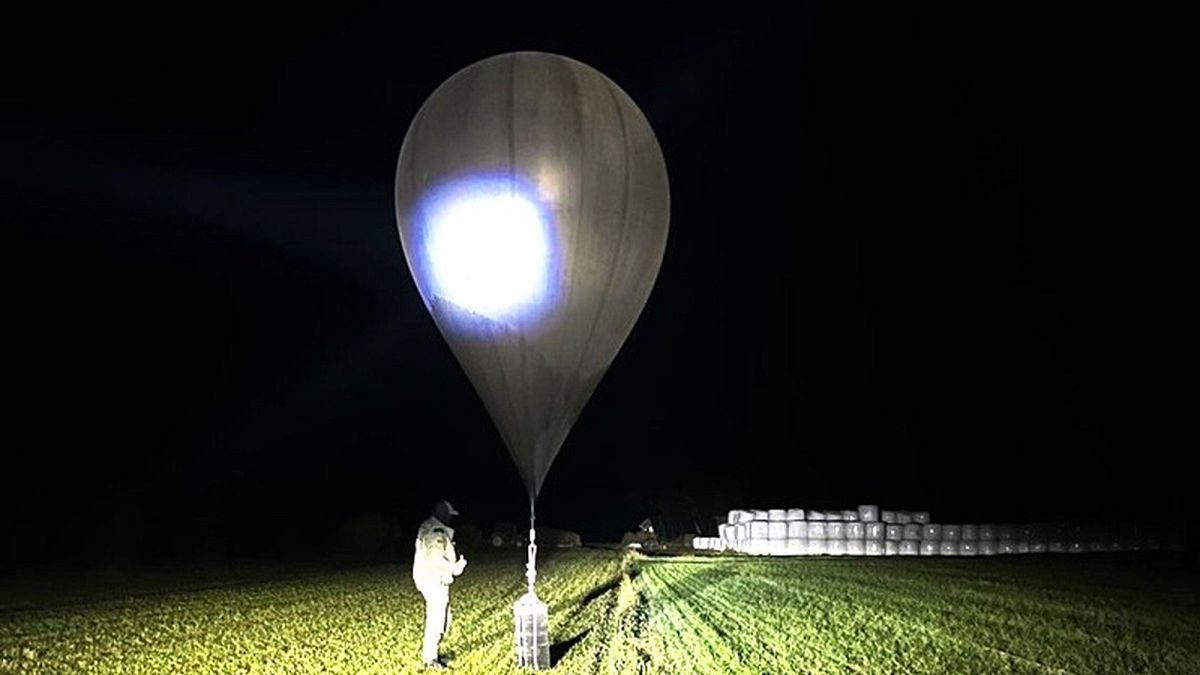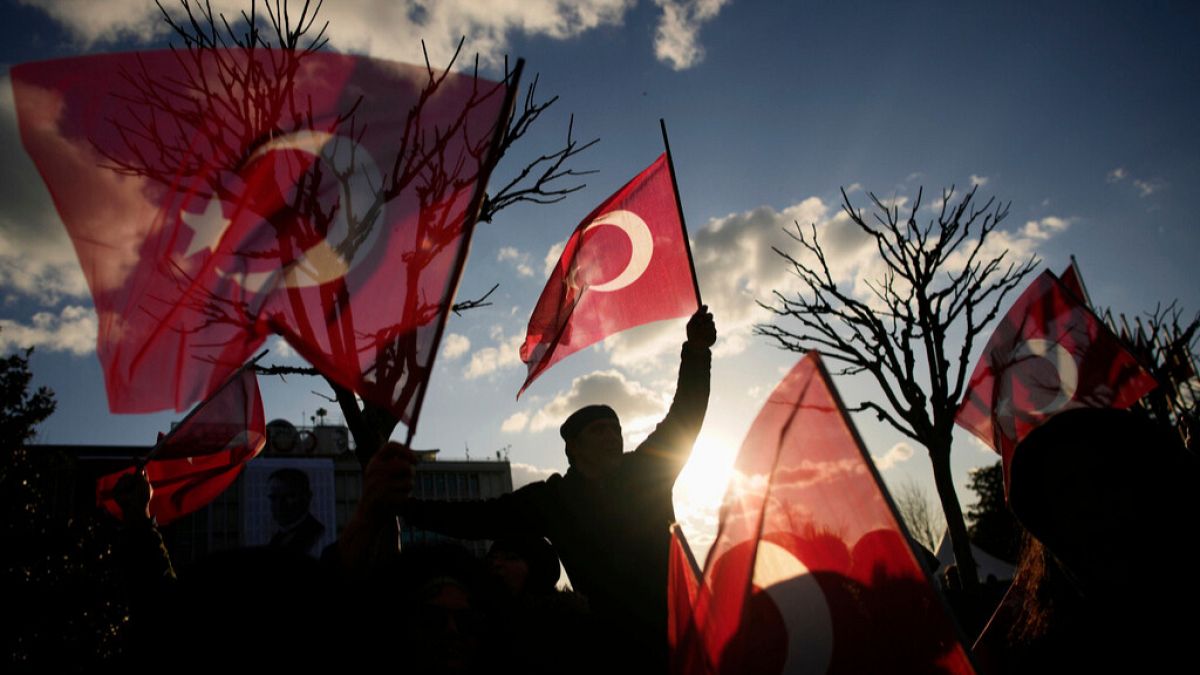EU Representative Lange on tariffs: President Trump called it a day of liberation, and I will call it a day of inflation
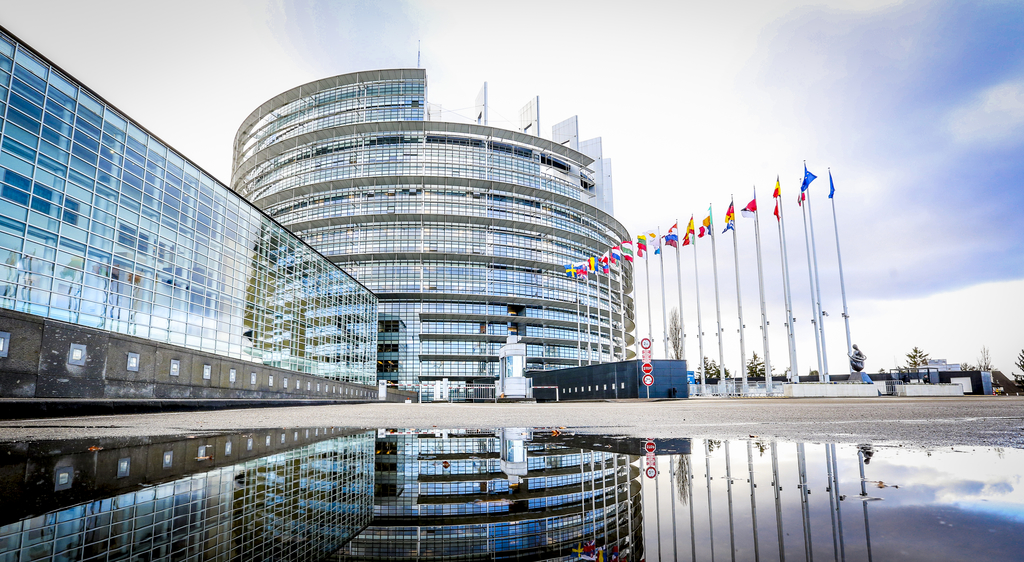
President Donald Trump called it a day of liberation, and I will call it a day of inflation, because it is completely clear that these tariffs will lead to price increases in the USA and I assume, with regard to the customs situation, also in the European Union – stated MEP Bernd Lange (S&D) at a conference in Strasbourg on Thursday.
Lange, who is the chairman of the International Trade Committee of the European Parliament and the permanent rapporteur for the USA, commented in this way on the new tariffs announced on Wednesday by President Trump.
As Lange said at the conference, the tariffs will harm producers in the United States, in the European Union, and especially people in the Global South. “This is really unfair behavior by the United States,” he added.
The German MEP emphasized that he read the American documents that are the basis for the tariffs, and they indicate that the justification for their imposition is simply European legal standards regarding, among other things, consumer protection and EU legislation in the digital area.
“This is obviously not a topic for negotiation. This legislation covers producers inside and outside the European Union, in order to protect our industry and consumers,” he added.
Lange also criticized that it was not possible to conduct really constructive talks with the USA regarding trade. “Unfortunately, also due to the structure of the government in the United States, it was not possible to organize talks with the Secretary of Commerce and the U.S. Trade Representative about tariffs and the trade deficit. (…) This is really a mess,” he added.
At the same time, he emphasized that the EU has a well-developed set of tools to respond. “The first point will be on April 14, a response to the illegal tariffs on steel and aluminum and many products, such as fitness equipment and fishing gear. These two examples show that these elements do not actually harm the national interests of the United States,” he said.
The second part of the EU’s response – as the MEP added – will come a little later, as the effects of the announced tariffs need to be analyzed.
“Our principle regarding remedial measures is really to limit them to the actual damage we have suffered. We will not go further. We are not the engine of escalation. And secondly, we will also have to ensure that we really limit the damage to the European Union and to consumers in the European Union. Therefore, it will take some time and it is also related to our democratic process,” Lange explained.
On Wednesday, President Trump signed an order imposing “reciprocal tariffs” of at least 10 percent on goods imported from abroad, and for goods from the EU, they will amount to 20 percent. The rates announced by the USA are to constitute half of the summed tariffs and non-tariff trade barriers applied by other countries. In the case of China, the tariffs will amount to 34 percent (this rate will be added to the previously announced 20 percent tariffs; it will amount to 54 percent), Japan – 24 percent, India – 26 percent, South Korea – 25 percent.
Although many world leaders responded to Trump almost immediately after he imposed the tariffs, the President of the European Commission, Ursula von der Leyen, who leads the EU’s trade policy, waited more than seven hours to react. In a morning statement on Thursday, she did not provide – as expected – the value of goods from the USA that will be subject to retaliatory tariffs by the EU in response to the 20 percent rate. She reminded that the EU is finishing work on tariffs announced in response to the increase in rates on steel and aluminum. They are set to come into effect on April 13. She also announced that the European Commission will impose new tariffs.
After the United States imposed 25 percent tariffs on steel and aluminum on March 12, von der Leyen announced retaliatory tariffs worth 26 billion euros. She announced the suspension of tariffs from the first Trump presidency worth 8 billion euros and announced new ones amounting to 18 billion euros, including on steel and aluminum products, textiles, leather goods, household appliances, household tools, plastics, wooden products, poultry, beef, some seafood, nuts, eggs, dairy, sugar, and vegetables. (04.05.2025)



















